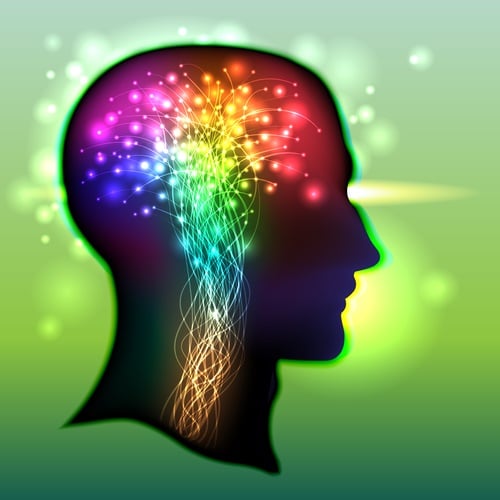Your phenomenal brain is capable of amazing feats, but sometimes it’s the simplest ones that do you in.
It was 2:15. I was sitting in a coffee shop wondering where my 2:00 was when my phone rang. “Where are you,” Donna asked. “In the coffee shop by the Holiday Inn”, I replied. Where are you?” She was at a coffee shop 50 minutes away. My email clearly described the address and proximity to the Holiday Inn but it was typical of Donna to go to the wrong one.
It was 2:15. I was sitting in a coffee shop wondering where my 2:00 was when my phone rang. “Where are you,” Donna asked. “In the coffee shop by the Holiday Inn”, I replied. Where are you?” She was at a coffee shop 50 minutes away. My email clearly described the address and proximity to the Holiday Inn but it was typical of Donna to go to the wrong one.
She was so busy, she had merely scanned my directions.Our brains are amazing;
we can take in thousands of bits of data in seconds, cross-reference it against information stored in 140 billion brain cells in a micro-second and retrieve memories of everything from a recipe to our first kiss or our current project plan. That’s just what we’re thinking on a conscious level. Our brains are also making sure we remember to do important, automatic things like breathe and make our hearts beat.
When the brain becomes focused, all kinds of interesting things happen:
We become blind to change
Studies show that once people are told to pay attention to a specific part of a scene or picture, they will fail to notice when even significant changes occur outside of the area of focus. Check out this interesting example onYouTube.
We have short-term memory limitationsThe brain holds new information in an area called “short-term” or “working” memory. If the information is deemed valuable for survival, it is cross-referenced so we can retrieve it later. If not, it’s usually discarded to make room for more incoming information. While our brains have an almost unlimited capacity to store information, our short-term memory is limited. Most studies say short-term memory can hold approximately:
we can take in thousands of bits of data in seconds, cross-reference it against information stored in 140 billion brain cells in a micro-second and retrieve memories of everything from a recipe to our first kiss or our current project plan. That’s just what we’re thinking on a conscious level. Our brains are also making sure we remember to do important, automatic things like breathe and make our hearts beat.
When the brain becomes focused, all kinds of interesting things happen:
We become blind to change
Studies show that once people are told to pay attention to a specific part of a scene or picture, they will fail to notice when even significant changes occur outside of the area of focus. Check out this interesting example onYouTube.
We have short-term memory limitationsThe brain holds new information in an area called “short-term” or “working” memory. If the information is deemed valuable for survival, it is cross-referenced so we can retrieve it later. If not, it’s usually discarded to make room for more incoming information. While our brains have an almost unlimited capacity to store information, our short-term memory is limited. Most studies say short-term memory can hold approximately:
- 1-5 images (depending on their complexity)
- 5-9 digits
- 5-7 letters
- 4-6 words
Adapting your presentation to the capacity of short-term memory can increase the odds that people will pay attention to the information you want them to remember:
- Specify in advance what’s important about what you plan to say
- State your information in short chunks
- Connect what you are discussing with information your audience is already aware of. This helps the brain with cross-referencing.
- Include devices such as movement, contrast, expected rewards and strong emotions
The next time “they” aren’t paying attention, ask yourself what you can do to improve “their” focus!
Learn more about how the brain works; Check out Daniel Amen’s riveting TEDx Talk


